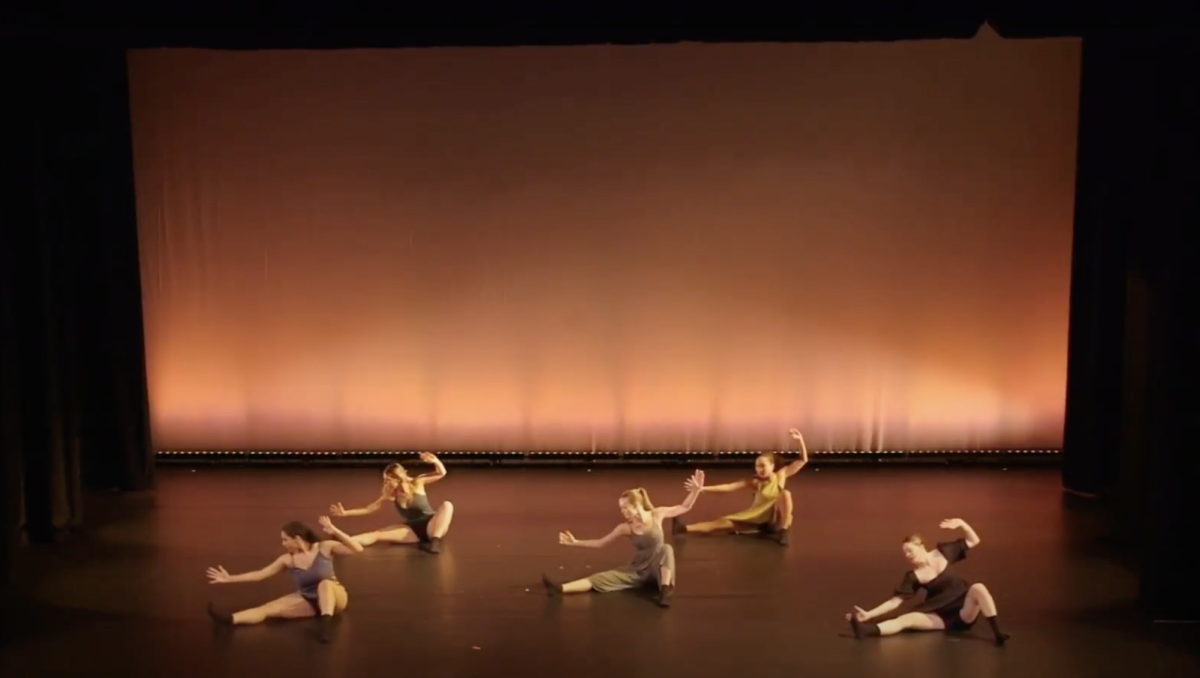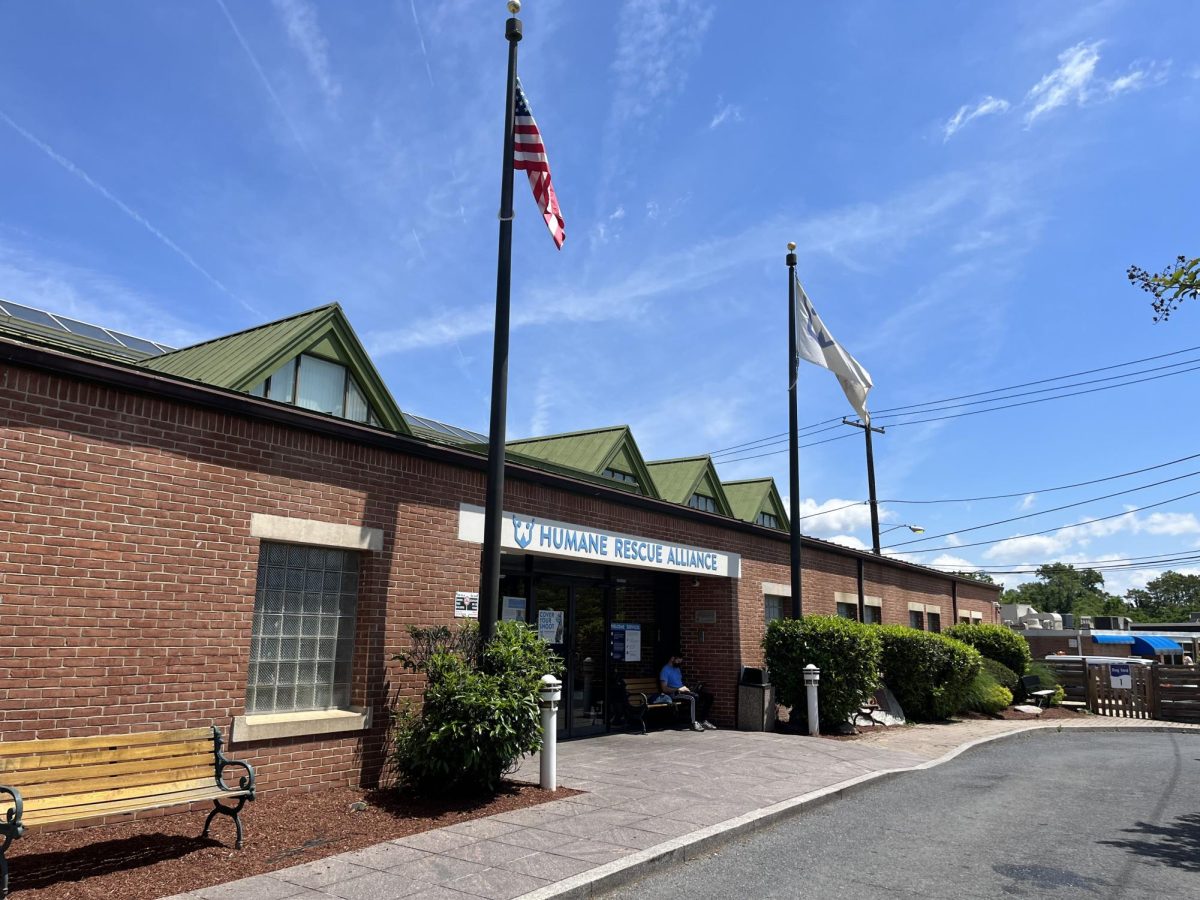In this episode of “Community Corner,” multimedia staffer Georgia Chen (CAS ’25) surveyed various students about their concerns with campus safety in the wake of the Nov. 13 shooting at the University of Virginia. Students seem to be weary of the safety procedures currently in place at Georgetown University, as campus safety issues including sexual assault, gun threats and unauthorized entry into residential spaces have been consistent in recent years. Students interviewed in this podcast share their opinions on how they feel about campus safety and whether or not the school is doing a sufficient job of ensuring student safety. They also share where they feel most safe and where they feel least safe on campus. Students’ perspectives are shaped by their experiences, who they are and the current political discourse surrounding gun safety.
Transcript
“In the wake of the UVA Shooting: How do Georgetown students feel about campus safety?”
Georgia Chen (GC): Hi, this is Georgia Chen, and I’m a sophomore in the College.
On Nov. 13, UVA experienced a senseless tragedy in which three football players were fatally shot by another student.
In the wake of this devastation, I talked to a few Georgetown students about how they really feel about safety on Georgetown’s campus.
First, I talked to Chase Mack (SFS ’25), a sophomore in the SFS. We’ve had security issues including unauthorized people entering freshman dorms. Are you worried about the safety at Georgetown?
Chase Mack (CM): I think I’m definitely worried a little bit about the safety at Georgetown, especially given the recent shootings at UVA, just because a lot of the safety warnings here are issued very late. And so if, like, an imminent threat were on campus, I don’t have a ton of faith that the school would be able to respond adequately and quickly.
GC: Okay. Second question. Do you think the school is doing a good job of ensuring our safety, or what do you think they can do better?
CM: I just mentioned a little bit in the previous question, but I think what they can definitely do better is try to get on reporting safety concerns in the community. Although I know that they’re trying to make sure they’re the most accurate as possible, I think timeliness is the most important and an abundance of caution when these issues arise is of the utmost importance.
GC: Last question. Where do you feel the most or most safe and where do you feel the least safe on campus?
CM: I don’t know if there’s a specific area of campus where I feel the least safe, but definitely given recent shootings in the general Georgetown area definitely being off campus, you feel a little less safe. Just given recent kind of security concerns. Yeah.
GC: Most safe?
CM: Most safe? I guess in any of the academic buildings on campus because last year, there was a security issue with my freshman dorm, New South, so I can’t say being in the dorms is the place I feel most safe, but I’d say academic buildings and things like that.
GC: Merritt Hayes (CAS ’25), a member of Georgetown Emergency Response Medical Service, aka GERMS, voices similar concerns regarding off-campus safety.
Merritt Hayes (MH): I would say, personally, I’m not super worried. I’m more worried about off campus, like, because I have heard people, like, getting robbed outside campus, but it definitely is cause for concern because I don’t think our security and, like, police system is great.
GC: Yeah, I was, next question is do you think the school is doing a good job of ensuring our safety, or what do you think they can do better?
MH: I think they’re doing a great job of ensuring it through programs like GERMS. They have some really good GERMS members. But yeah, I think they need to be, like, better on just like having a police force present on campus.
GC: But Grace Tourtelotte (CAS ’25), a sophomore in the College, brings up a point that there is some opposition to having more security on campus.
Grace Tourtelotte (GT): But I think there’s also, like, the question of having, like, more security guards generally, like, around campus versus less is like interesting because, like, for example at high schools, like, with the school shootings and everything like that like there’s a lot of debate on if there should be armed police officers or armed security guards at high schools, and people are saying that they don’t want armed people in schools with kids.
Yeah, I just think that’s like an interesting thing to think about. Like, what does heightened security mean? If you’re increasing security, are you increasing, like, the presence of guns on campus?
GC: Next, I spoke to Justin Grossman (SFS ’25), a sophomore in the SFS.
Do you think the school is doing a good job of ensuring our safety, or what do you think they can do better?
Justin Grossman (JG): Um, I think, like, there hasn’t been any major incidents at the school that I know of. So, like, I don’t know if that’s necessarily like a good job on their part or just because like there hasn’t happened to be anything, like, that has happened. But, like, I think, you know, overall it’s been pretty smooth sailing, but like if you actually like look into like the security at the school, like, it’s pretty minimal. Like, I don’t know. I feel like most people like, you know, for my apartment, like the doors open, like anyone could come in, you know what I mean? So, like, I do feel like maybe there could be a little bit of improvement.
GC: Ezo Karaca (CAS ’25), on the other hand, says that there could be some human error at play with some of these security risks.
Ezo Karaca (EK): I don’t think I’m, like, necessarily worried about the safety at Georgetown, but, like, I do think there’s, like, a lot of different things that could be done to improve it. And I feel like there’s, like, a lot of good safety in place like scanning in and stuff. It’s, like, pretty hard to get in, but I think students and stuff need to also be more careful about, like, letting people in because I think that’s like one of the biggest problems.
GC: Leah Chen (CAS ’25), a sophomore in the College, adds on and says,
Leah Chen (LC): I think it’s important to just act with a general degree of common sense, just being in D.C., because living in a city setting, a lot of these things can’t necessarily be prevented. At the same time, there are a lot of steps that can be taken to ensure that the risk of these things happening is low so things like what Ezo said, like being aware of who’s scanning in, who you’re letting into buildings, things like that.
GC: Lastly, I spoke to Sam Lebo (SFS ’24), a junior in the SFS who acknowledged some disparities between safety.
Sam Lebo (SL): There’s not really a place on campus that I feel unsafe.
GC: Would you say like maybe off campus then?
SL: Yeah, I’d say like once you get in the neighborhood, then I feel less safe. Also, I’m a guy, so, like, I feel like my experience is different from women.
GC: Clearly, there’s a lot of discourse about the level of safety at Georgetown.
But what we can say is that safety is of the utmost importance, and we are all sending prayers to the victims of the UVA shooting.
I’m your host Georgia Chen, and thank you for listening.
Thank you to the interviewees: Chase Mack, Grace Tourtelotte, Merritt Hayes, Justin Grossman, Ezo Karaca, Leah Chen and Sam Lebo.
This podcast was created and edited by Georgia Chen and produced by Amna Shamim.
A university spokesperson provided the following statement on campus safety.
“The safety of our community is our top priority. The Georgetown University Police Department (GUPD) works 24/7, 365 days a year to protect the University from crime and numerous threats, and responds to thousands of calls each year to support students, faculty and staff who are in need.
GUPD circulates a variety of communications to the university community depending on the specifics of each situation. The types of communication include:
- A HOYAlert, which is an immediate notification to alert members of the Georgetown community of a potential ongoing threat, such as an active shooter, severe weather, or bomb threat, so community members can take protective actions such as remaining indoors or avoiding a general area. Determination of an immediate ongoing threat is made on a case by case basis and in such cases, GUPD will issue a HOYAlert to affected community members. These notifications can be sent by email, text message and social media channels. We encourage students to opt-in or follow all available channels to receive these alerts. More information about HOYAlerts is available online.
- GUPD conducts regular training and drills on HOYAlerts and on responding to major incidents on campus with the Metropolitan Police Department and federal agencies.
- Timely warnings, a different type of communication which are typically sent by email, for any Clery Act crime that may pose an ongoing threat to the safety of students or employees.
- A daily crime log published by GUPD which is accessible by the public.
- GUPD also publishes crime statistics in its annual crime report.
- Students can share information about concerning incidents with GUPD via the LiveSafe app. LiveSafe is a personal security system that connects users with GUPD when activated during an emergency situation. The app also allows users to report suspicious activity, request a SafeRide Shuttle or personal escort, and use SafeWalk to share your location. If you are ever in need of emergency assistance on campus, call GUPD at (202) 687-4343.”
Resources: On-campus resources include Health Education Services (202-687-8949) and Counseling and Psychiatric Service (202-687-6985)); additional off-campus resources include the D.C. Rape Crisis Center (202-333-7273) and the D.C. Forensic Nurse Examiner Washington Hospital Center (844-443-5732). [If about clerical assault: Individuals can also report sexual misconduct by a Jesuit by contacting the province’s victim advocate at [email protected].] If you or anyone you know would like to receive a sexual assault forensic examination or other medical care — including emergency contraception — call the Network for Victim Recovery of D.C. (202-742-1727). To report sexual misconduct, you can contact Georgetown’s Title IX coordinator (202-687-9183) or file an online report here. Emergency contraception is available at the CVS located at 1403 Wisconsin Ave NW and through H*yas for Choice. For more information, visit sexualassault.georgetown.edu.
Additional off-campus resources include the Crisis Text Line (text 741741).













